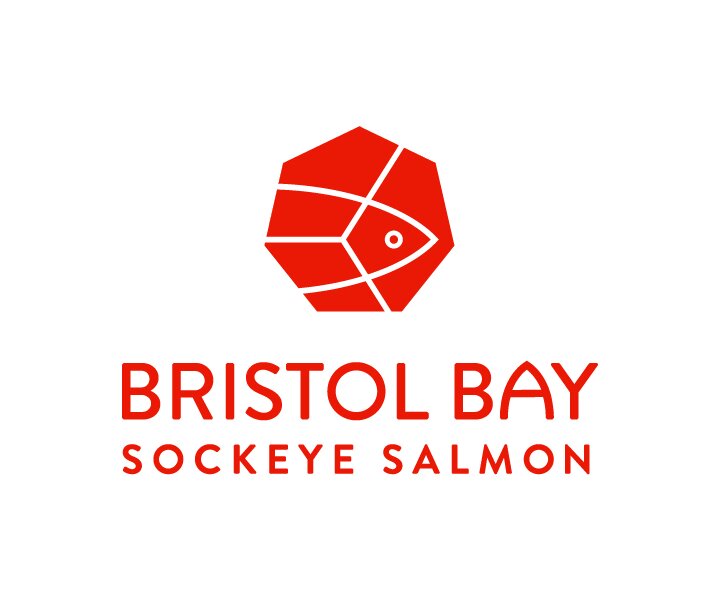Former top Peter Pan exec starts next chapter with Bristol Bay sockeye marketing group
/Permission was granted by undercurrentnews.com to reproduce this article. Other use of this content is prohibited. The article can also be read on the Undercurrent News website
Bristol Bay Regional Seafood Development Association's new, part-time hire Barry Collier told Undercurrent that despite the current market challenges, he's excited to rejoin the industry
The Bristol Bay Regional Seafood Development Association (BBRSDA) announced last month its hiring of former Peter Pan Seafood Company executive Barry Collier as a part-time industry advisor for the group.
Collier notably helmed Peter Pan as its president and chief executive officer for 24 years when Japanese conglomerate Maruha Nichiro still owned it. He retired in 2021 when it sold to current owners Rodger May, Alaska's McKinley Capital Management and RRG Capital Management.
Speaking with Undercurrent News this month, Collier said he's excited to work with fishermen and jump back into the industry through the BBRSDA, which markets sockeye salmon harvested from the Bristol Bay region of the US state of Alaska. "It's an industry I have a lot of passion for," he said. "I'm happy I can come back and try to assist."
Collier also spent his early career advocating for fishermen with the Purse Seine Vessel Owners Association and North Pacific Fishing Vessel Owners Association – and on behalf of processors as part of the Pacific Seafood Processors Association.
"I've gone full circle now," he said. "In the '70s, I started on the back deck of a purse seiner." Many may consider the timing unenviable for getting back into the business. A slew of well-documented challenges have hit Alaska's seafood sector, causing ex-vessel and wholesale prices to crater to historic lows and processors to stop buying product or close altogether.
In Bristol Bay last summer, that market turmoil culminated in a floating protest organized by fishermen in the mouth of the Naknek River over low base prices. At the same time, processors said excess sockeye sitting in cold storage from the previous year's record run had pushed down demand and prices.
There's no easy road ahead, Collier said. But he told Undercurrent he hopes his past work both with processors and harvesters helps push things forward.
"It's sad to see the industry go through this," he said. "We're not going to survive this unless all sectors of the industry are healthy, and right now, fishermen are not in a healthy situation and processors are not either, and we've got to find a way out, and we all have to work 100% to attempt to do that."
BBRSDA has also faced some of its own setbacks over the last few months. While drift permit holders in the fishery automatically pay a 1% harvest assessment to fund the organization, the bay's 900-plus setnetters narrowly voted down joining BBRSDA in November of 2022. At the time, the association's executive director, Andy Wink, said he was disappointed with the vote.
Wink left the BBRSDA in December 2023, as reported by Undercurrent.
In his new part-time role, Collier will facilitate communication between the BBRSDA, the fleet and processors and identify marketing opportunities for Bristol Bay sockeye.
Looking ahead, Collier said he plans on working more with the Alaska Seafood Marketing Institute (ASMI) and contacts in the Alaska State Legislature to promote Alaskan products.
Market opportunities include reconnecting with buyers in Japan, which is the hub of the Asian market.
"We need to revitalize that relationship and see if we're going to get these major salmon buyers in Japan on board for promotions for Bristol Bay sockeye," he said, noting that he plans to visit the country this month as part of that effort.
Promoting wild Alaskan fish in Europe is also an opportunity to attract sustainability-conscious consumers. Collier said farmed salmon will continue to eat up its own share of the market, but emphasizing Bristol Bay sockeye as a premium, wild-caught product presents a unique advantage and niche to build on.
"We have to work with our channels, with our customers, differentiating ourselves from farmed salmon, trying to get premium value out of the product for our fishermen, which in turn will get premium product value out for our processors as well," he said.
Collier said despite the challenges, he's looking forward to contributing what he can in earnest – particularly given the stakes.
"It's the storm that we all have to weather through, and we don't have an option not to weather through it," he said. "We have to win."




